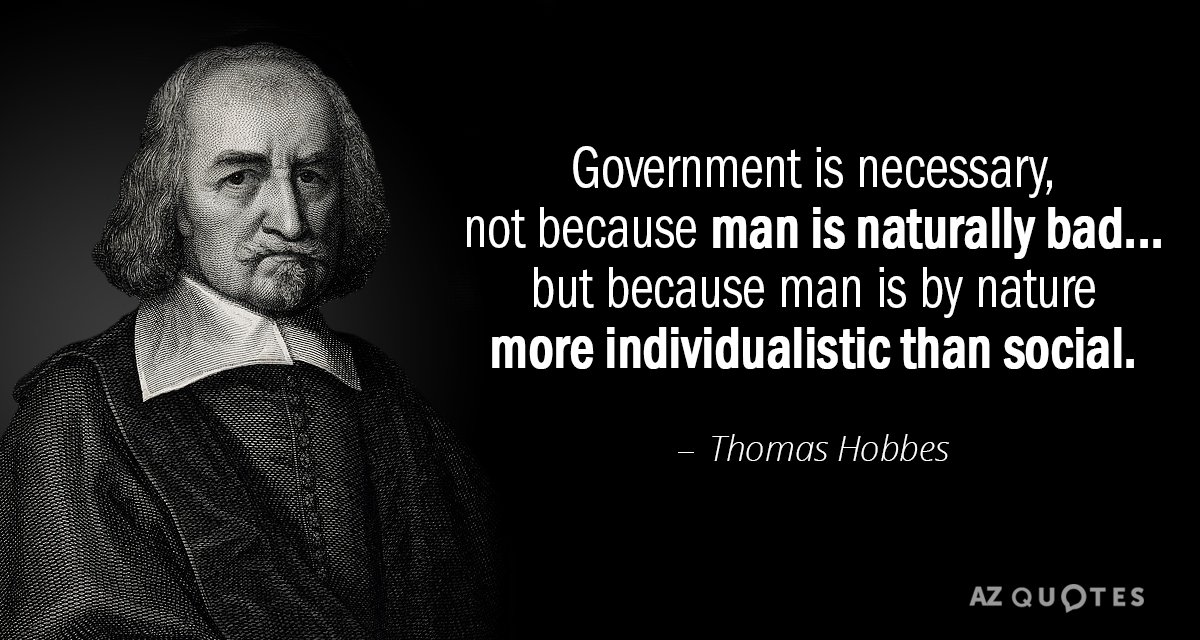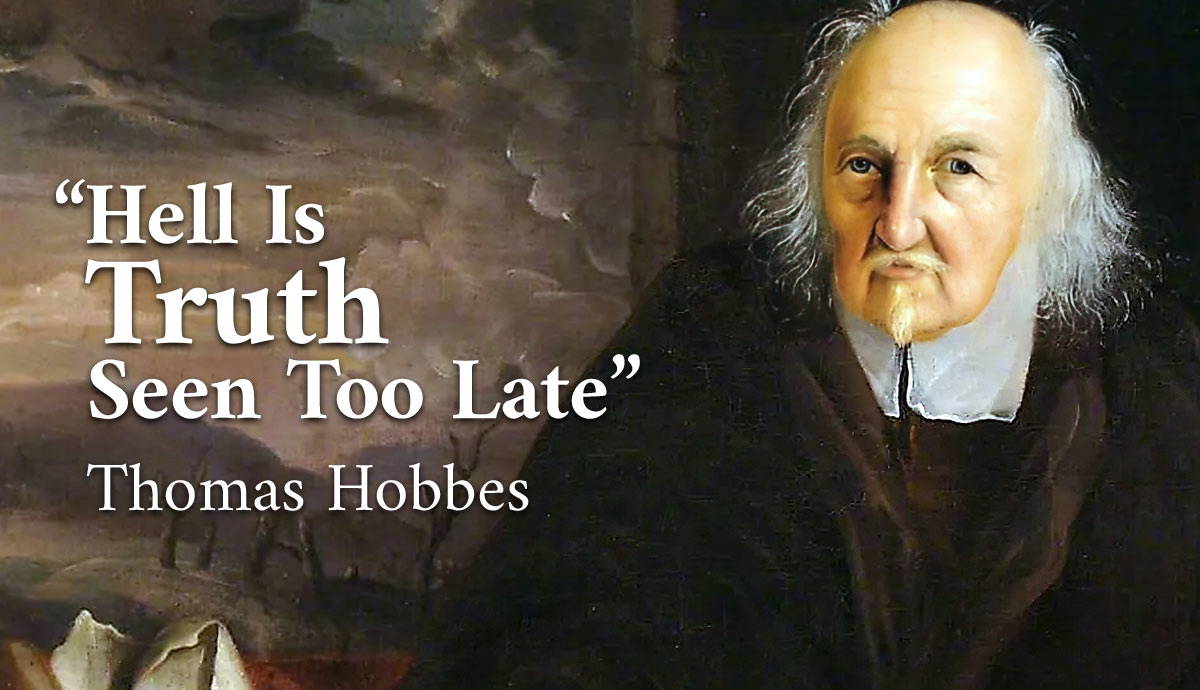Alright, let me tell you how I spent my Tuesday afternoon diving into Thomas Hobbes. Wanted to really understand what the guy was actually saying, not just copy-paste famous quotes online. Started simple: brewing a big mug of black coffee and grabbing my dusty copy of Leviathan from the shelf.
Grabbing the Books and Getting My Head Around It
Flipped straight to the quotes everyone talks about. You know the ones. "Solitary, poor, nasty, brutish, and short." Sounds grim. Read the surrounding pages twice because honestly, it felt so extreme. Hobes wasn’t just describing bad times; he was talking about what life would be without any rules at all. Like, none. Imagined trying to go shopping if literally anyone could just smash and grab. Scary stuff.
Next one hit me: "The condition of man... is a condition of war of everyone against everyone." Went down a rabbit hole here. Pulled out some history books to see what England was like during the civil war when Hobbes wrote this. Absolute chaos. Factions fighting, kings getting executed. Suddenly, his obsession with a strong ruler, the "Leviathan," clicked. Not that he loved dictators, he was terrified of the alternative: total breakdown.

Then came the biggie: "Force and fraud are in war the two cardinal virtues." Had to chew on this a while. Sounds awful! But Hobbes meant that in this terrifying "state of nature" he imagined, where survival is everything, fighting dirty becomes necessary, not "virtuous" in the normal sense. It’s about desperation.
- "The life of man solitary, poor, nasty, brutish, and short."
- "The condition of man... is a condition of war of everyone against everyone."
- "Force and fraud are in war the two cardinal virtues."
Connecting Hobbes to Today (Without Being Preachy)
Tried not to jump straight to politics. Instead, thought about basic things. Remembered being stuck in a massive traffic jam last week where everyone stopped following rules – cutting lanes, ignoring lights. Total gridlock and anger. Felt like a tiny, crummy glimpse of Hobbes’ chaotic "war." It wasn’t actually war, obviously, but you see how quickly order matters. We need rules to function decently, whether it’s traffic laws or a government.
Also thought about why people accept limitations at all. Why do we mostly drive on one side of the road? Why do we pay taxes? Hobbes’ core idea resonated: we trade absolute freedom for the safety peace brings. He called it the "social contract." We give up the "right" to do literally anything for the guarantee others won't either. Pretty raw deal if you think pure freedom is everything, but way better than the chaos alternative he described.
Wrapping My Head Around the Big Picture
The real takeaway wasn't that Hobbes thought humans were evil. It’s that he recognized how vulnerable we are without structure. His world seemed brutal, and his solution – a super powerful state – feels uncomfortable today. But understanding his starting point, that fear of the "state of nature", makes his arguments way more compelling than just reading "life is nasty, brutish, short" and moving on.
Put the book down around dinnertime, still thinking about it. Grabbed a beer, stared at the fridge, letting it sink in. Not gonna lie, Hobbes’ view is bleak! But peeling back the layers on those famous quotes helped me see the underlying logic, as harsh as it was. He wasn’t cheering for misery; he was diagnosing its root cause – lack of enforceable rules – and prescribing the strongest medicine he knew. Powerful stuff, even centuries later.











